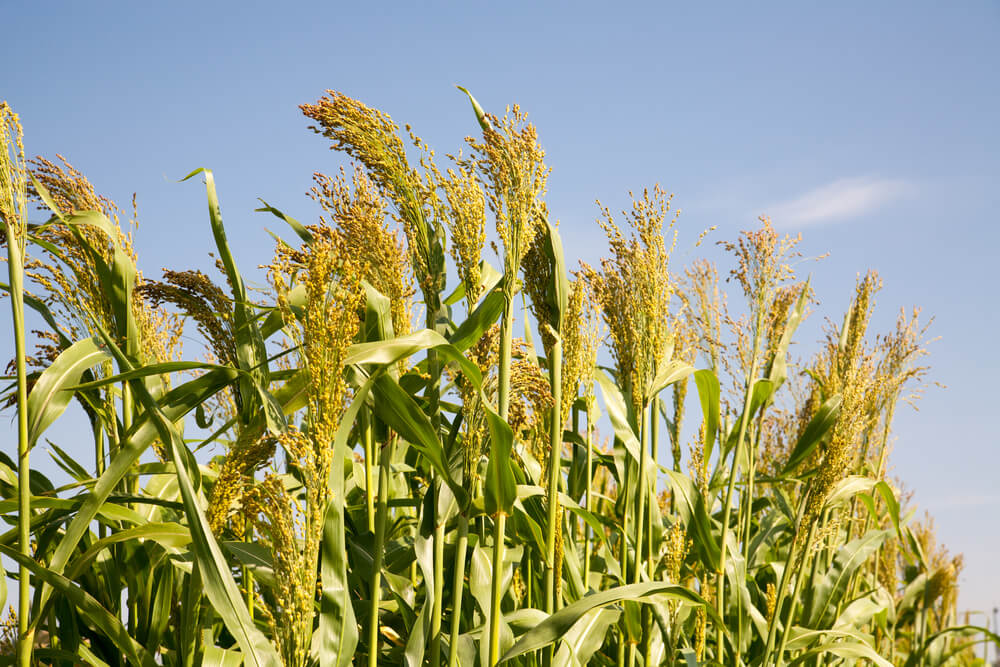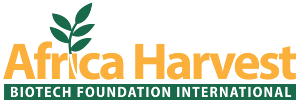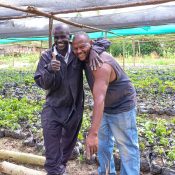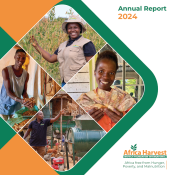
Diversity in Value Chain Options Helping Smallholder Producers in ASAL Enhance Resilience and Market Participation
In semi-arid Kenya and Tanzania, 53% of the population lives below the poverty line and 30% of children aged 5 years and younger are undernourished. The harsh climatic conditions in rainfall deficient ASAL (arid and semi-arid lands) makes production of many food crops a challenge, especially for smallholder farmers reliant on scarce rainfall. Thankfully, drought-tolerant crops like sorghum and millets are staple foods in rural areas of Kenya and Tanzania and the primary sources of energy, protein, vitamins and micronutrients (iron, calcium, zinc, lysine), and fodder and feed for livestock.
Diversifying the use of sorghum and millets into alternative end products in human food; animal feed (poultry, fish) and fodder; malting; and other industrial uses (e.g. ethanol) opens up opportunities for smallholder producers in rural areas. Promoting the processing of these products both at the cottage and industrial levels enhances employment opportunities for youth and women while strengthening the manufacturing base, and catalysing transformation of local landscapes and economic opportunities.
Through the Strengthening Sorghum and Millet Value Chains for Food, Nutrition and Income Security (SOMNI) program, Africa Harvest sought to increase the resilience of communities living in Kenya’s and Tanzania’s ASAL by diversifying their livelihoods. Employing market pull approaches as a driver for enterprise and production choices among smallholder producers is essential in further enhancing economic resilience.
Diversification was achieved through the expansion of the choice basket through improved technologies and management options to support increase in production, productivity and linkages to markets. Developing new products and value chains from these crops was given emphasis with a view to expanding the scope of participation and access to alternative markets starting with human food and animal feed.
The program affords smallholder producers the opportunity to generate income from diverse activities thereby enhancing their resilience in the face of climate change. In addition, the promotion of inclusive business models such as the aggregator model is expected to increase the participation of youth and women in value chain activities as owners, suppliers and employees thereby improving their incomes and resilience to shocks.
The project will address opportunities to enhance resource productivity (including labour saving implements), value addition, market development and product diversification to trigger more consumption and commercialisation of sorghum and millets. Scale up will be achieved by building the capacity of stakeholders in the sorghum, millets and dryland legume value chains; use of improved technologies and methods that have been tested and have proven efficacy to increase uptake, production and productivity; use of for-profit models to open up new opportunities; policy advocacy to enhance market development; and changing behaviour of target market segments through targeted communication.
These efforts should contribute to enhanced incomes and economic opportunities for smallholder producers, youth and women in rural areas thereby contributing to improved participation in markets and overall resilience.



